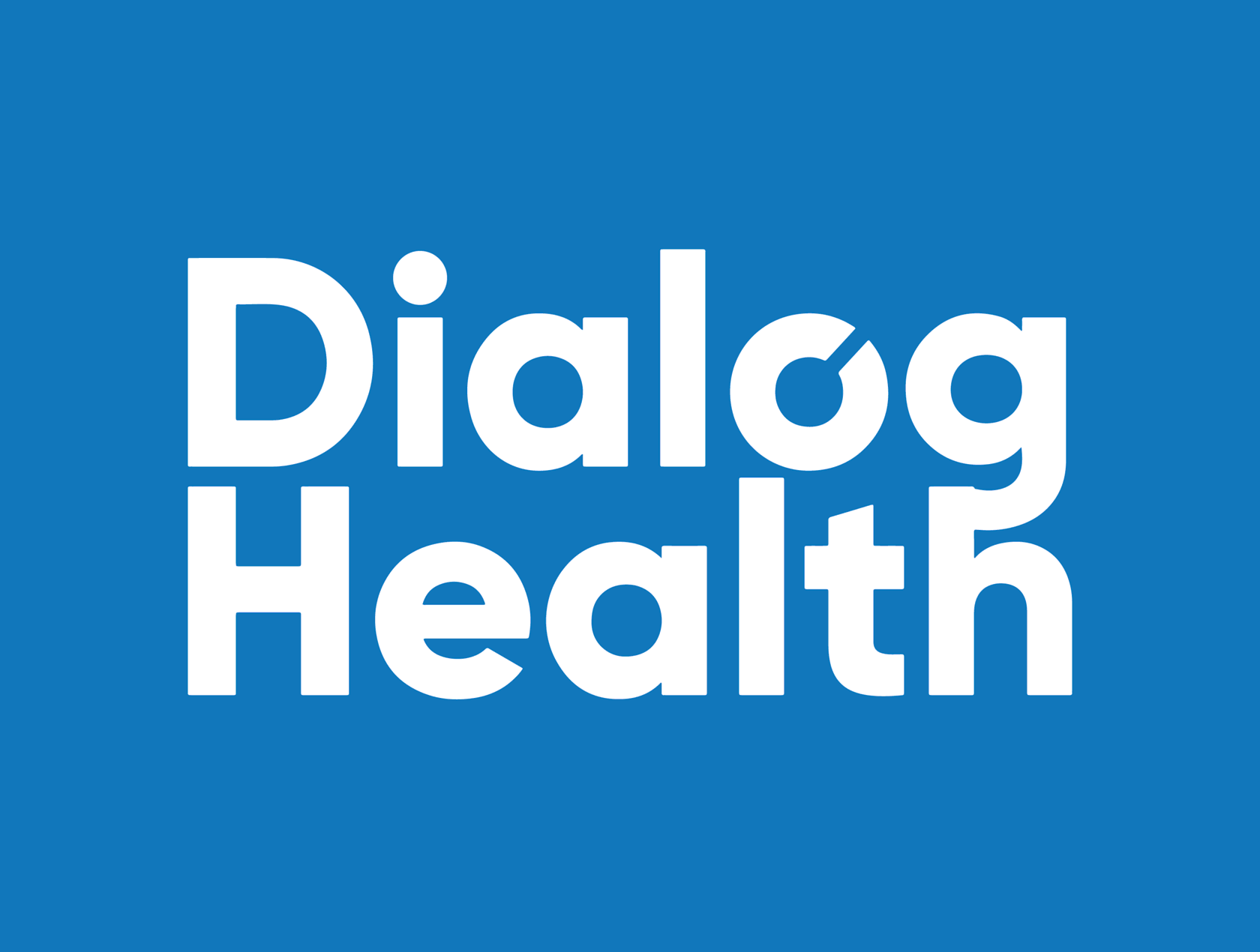- Natherlands
- Home care
- 21 delegates
- March 2025
From 10 to 12 March, a delegation accompanied by Dialog Health travelled to Amsterdam in the Netherlands as part of the study mission titled 'The shift to home care in the Netherlands', organised in partnership with ANAP. The aim was to explore how the Dutch healthcare system is organised to meet the needs of people requiring care and support at home.
Why the Netherlands?
In 2006, the Netherlands introduced a universal health insurance system guaranteeing access to healthcare for all. At the same time, it has chosen to make extensive use of new technologies in its medical practices, in particular by increasing the use of telemedicine and the deployment of remote monitoring systems to improve the quality of care.
High-level training for healthcare professionals, combined with a culture of interdisciplinary collaboration, ensures coordinated, effective patient care. In addition, favourable government policies and a solid regulatory framework support the excellence of homecare services, making the Netherlands a model in this field.
As part of this study mission, 21 healthcare professionals had the opportunity to discover innovative Dutch initiatives in home care and the care of patients suffering from dementia.
The professional visits began with a meeting with Vilans, a national centre of expertise for long-term care. This organisation plays a key role in disseminating best practice and pilots numerous national programmes on dementia and improving the quality of care. Its expertise also extends to digitisation and collaborative European projects, strengthening its international profile. The delegation was welcomed by a team of researchers, who explained their projects and how Vilans works.
The second day was devoted to a visit to two establishments adopting innovative approaches to care and inclusion.
In the morning, the delegation discovered The Hogeweyk, a unique Alzheimer's village designed to provide a familiar and social living environment for people with advanced dementia. The concept is based on a secure but open environment, with 23 homes adapted to different lifestyles, enabling residents to maintain their daily routines, such as shopping and walking. This model, which emphasises independence and quality of life, has inspired many similar initiatives around the world. The delegation was able to meet with Iris van Slooten, Senior Managing Advisor, and visit the facilities to gain a better understanding of how this innovative ecosystem is organised.
In the afternoon, the delegation visited Het Gastenhuis Warmond, a residential facility offering a caring, family environment for people with dementia. Located in the historic St. Liduina building, it comprises two independent houses with 38 flats, some of which are suitable for couples.
The emphasis is on small-scale, personalised care, enabling residents to maintain their independence while encouraging social interaction. The flats are spacious and can be personalised, with private facilities. Communal areas, such as open kitchens where fresh meals are prepared every day, encourage conviviality. Hosted by Karin Kaiser, the facility's director, the delegation had the opportunity to visit some of the flats and talk to the residents about their daily lives and the serenity that reigns in this living environment.
On the final day of the trip, the delegation met with the Buurtzorg organisation to talk to Gertje van Roessel, Coach, about its homecare systems and how they might be adapted to the French model.
Founded in 2006 by the nurse Jos de Blok, Buurtzorg has revolutionised home nursing care by relying on autonomous teams of 12 carers, operating without a heavy hierarchy. This holistic and relational approach means that interventions can be tailored to patients' specific needs. Thanks to a system of financing based on time spent rather than procedures, Buurtzorg guarantees more humane and effective care.
This study mission enabled participants to explore innovative and inspiring approaches, some of which could be transposed to France to improve the quality and accessibility of care. Whether through better integration of home care, more humane care for dementia patients or more autonomous work organisation for carers, the Dutch initiatives demonstrate that transforming the healthcare system is not only possible, but also has many benefits.
In 2006, the Netherlands introduced a universal health insurance system guaranteeing access to healthcare for all. At the same time, it has chosen to make extensive use of new technologies in its medical practices, in particular by increasing the use of telemedicine and the deployment of remote monitoring systems to improve the quality of care.
High-level training for healthcare professionals, combined with a culture of interdisciplinary collaboration, ensures coordinated, effective patient care. In addition, favourable government policies and a solid regulatory framework support the excellence of homecare services, making the Netherlands a model in this field.
As part of this study mission, 21 healthcare professionals had the opportunity to discover innovative Dutch initiatives in home care and the care of patients suffering from dementia.
The professional visits began with a meeting with Vilans, a national centre of expertise for long-term care. This organisation plays a key role in disseminating best practice and pilots numerous national programmes on dementia and improving the quality of care. Its expertise also extends to digitisation and collaborative European projects, strengthening its international profile. The delegation was welcomed by a team of researchers, who explained their projects and how Vilans works.
The second day was devoted to a visit to two establishments adopting innovative approaches to care and inclusion.
In the morning, the delegation discovered The Hogeweyk, a unique Alzheimer's village designed to provide a familiar and social living environment for people with advanced dementia. The concept is based on a secure but open environment, with 23 homes adapted to different lifestyles, enabling residents to maintain their daily routines, such as shopping and walking. This model, which emphasises independence and quality of life, has inspired many similar initiatives around the world. The delegation was able to meet with Iris van Slooten, Senior Managing Advisor, and visit the facilities to gain a better understanding of how this innovative ecosystem is organised.
In the afternoon, the delegation visited Het Gastenhuis Warmond, a residential facility offering a caring, family environment for people with dementia. Located in the historic St. Liduina building, it comprises two independent houses with 38 flats, some of which are suitable for couples.
The emphasis is on small-scale, personalised care, enabling residents to maintain their independence while encouraging social interaction. The flats are spacious and can be personalised, with private facilities. Communal areas, such as open kitchens where fresh meals are prepared every day, encourage conviviality. Hosted by Karin Kaiser, the facility's director, the delegation had the opportunity to visit some of the flats and talk to the residents about their daily lives and the serenity that reigns in this living environment.
On the final day of the trip, the delegation met with the Buurtzorg organisation to talk to Gertje van Roessel, Coach, about its homecare systems and how they might be adapted to the French model.
Founded in 2006 by the nurse Jos de Blok, Buurtzorg has revolutionised home nursing care by relying on autonomous teams of 12 carers, operating without a heavy hierarchy. This holistic and relational approach means that interventions can be tailored to patients' specific needs. Thanks to a system of financing based on time spent rather than procedures, Buurtzorg guarantees more humane and effective care.
This study mission enabled participants to explore innovative and inspiring approaches, some of which could be transposed to France to improve the quality and accessibility of care. Whether through better integration of home care, more humane care for dementia patients or more autonomous work organisation for carers, the Dutch initiatives demonstrate that transforming the healthcare system is not only possible, but also has many benefits.
Subscribe to our newsletter
Once a month you will learn about our latest tours.
By clicking the button you agree to our Privacy Policy
Photos
Previous tours

